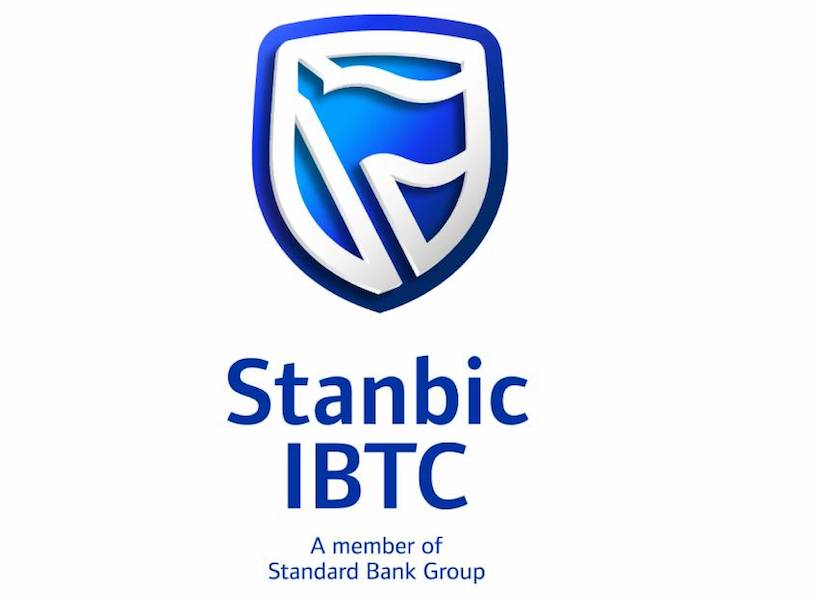Latest Headlines
Report: Rising Inflation Contracted Economic Productivity in October

Dike Onwuamaeze
The steep inflationary environment depressed individual and households demand for goods and services in October and caused the Nigerian economy to contract during the month as it constrained firms in the private sector from purchasing inputs, completing existing orders and acted to depress customer demand.
This was disclosed in the Purchasing Managers’ Index (PMI) report of the Stanbic IBTC Bank Plc, which showed that the productivity of the private sector deteriorated to 49.1 in the month of October when compared to the 51.1 points it recorded in September.
The PMI report stated that companies in Nigeria recorded a second reduction in business activity in the past three months, with the solid fall in October being the sharpest since the cash crisis earlier in the year.
It added that strong inflationary pressures and an associated reduction in sales were behind the drop in output as business activity decreased in the wholesale and retail and services categories, but increased in manufacturing and agriculture.
It said: “Lower new orders and high prices for inputs led companies to reduce their purchasing activity for the first time in seven months. In some cases an inability to secure inputs led to delays in the completion of projects. Elsewhere, customers had missed payments. As a result, backlogs of work increased for the second month running and to the largest extent since February.”
According to the PMI, readings above 50.0 signaled an improvement in business conditions on the previous month, while readings below 50.0 show deterioration.
According to the Head of Equity Research, West Africa Stanbic IBTC Bank, Mr.Oni, “The Nigerian private sector dipped into contraction in October as a record increase in input costs impacted customer demand.
“Sharply rising prices also discouraged firms from purchasing inputs and caused delays in the completion of orders. On a more positive note, employment continued to rise amid company expansion plans.
“The headline PMI dropped below the 50.0 no-change mark for the first time in seven months in October, thereby signaling deterioration in business conditions in the private sector. At 49.1, the index was down from September’s reading of 51.1 and signaled a slight worsening of operating conditions.”
Oni said that the major challenge operators in the private sector faced in October was the sharpest rise in overall input prices since the survey began almost a decade ago.
According to him, “purchase costs were up rapidly, largely due to currency weakness but also the lingering impacts of the removal of the fuel subsidy.
“Meanwhile, the extent of the rise in living costs, particularly those related to transportation, led companies to increase their staff pays markedly in October. Moreover, the rate of inflation hit a new survey peak.”
He said that with input costs rising rapidly, firms in Nigeria increased their own selling prices accordingly. Therefore, the pace of inflation quickened from September and was one of the sharpest on record.
Oni said: “The steep inflationary environment acted to depress customer demand in October. New business decreased at a solid pace, thereby ending a six-month sequence of growth. Business activity was also down, falling for the second time in the past three months and to the largest extent since the cash crisis earlier in the year.
“Lower new orders and high prices for inputs led companies to reduce their purchasing activity for the first time in seven months. In some cases an inability to secure inputs led to delays in the completion of projects. Elsewhere, customers had missed payments. As a result, backlogs of work increased for the second month running and to the largest extent since February,” Oni said.
The PMI report further stated that the rate of overall input cost inflation hit a fresh survey peak in October, the second time in the past three months in which this has been the case.
“Around 57 per cent of panelists reported an increase in input costs during the month. Strong cost pressures were seen across each of the four broad sectors covered by the surve. While the lingering effects of the fuel subsidy removal continued to add to purchase costs in October, currency weakness was reportedly the principal driver of higher prices during the month. The rate of inflation remained among the sharpest on record, and quickened slightly to the fastest since March 2022,” the report said.










